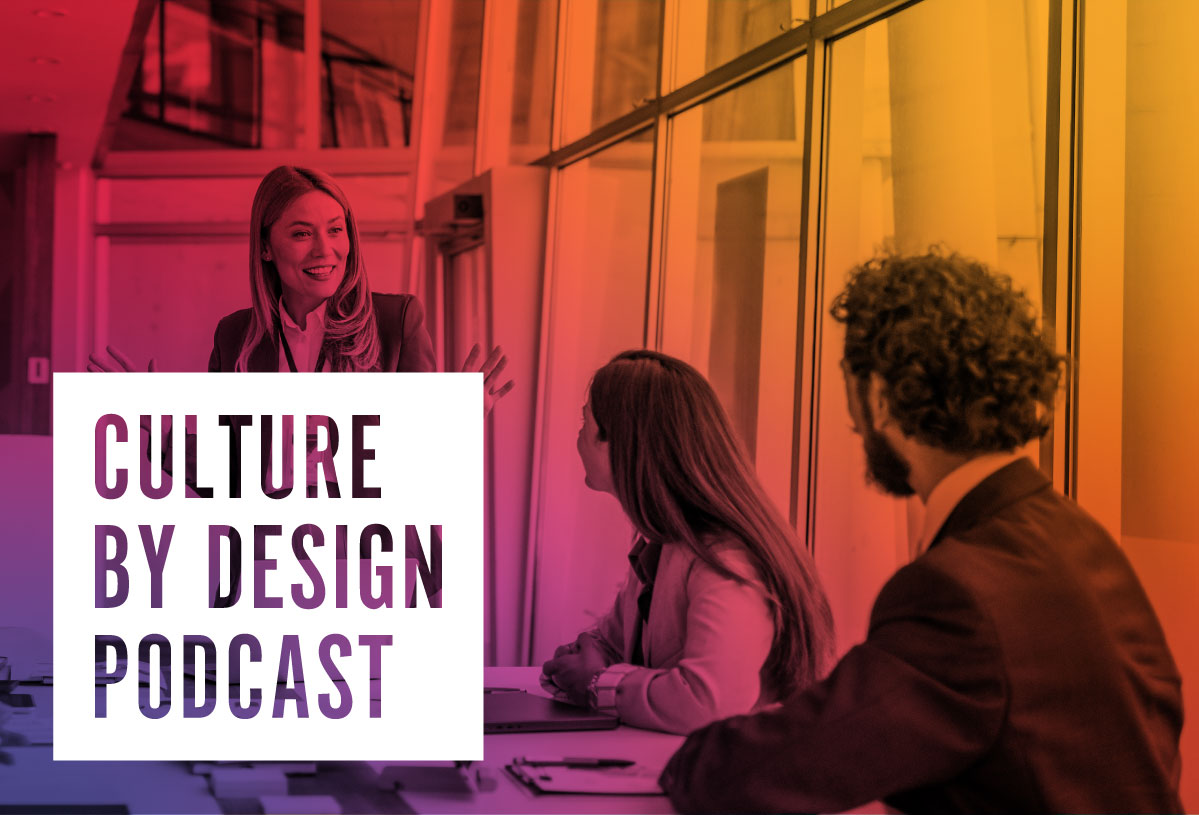Skill Building: Employees Can’t Do It Alone

Updated on
March 18, 2025
18
March
2025
Skill building (also known as upskilling or reskilling) is critical for organizations as technology, industry, and global disruptions change the landscape of work and the skills organizations need to succeed. Yet skill building often comes with some hesitation: will employees leave for another job once they have new skills?
Actually, less than a quarter of employees want to build skills to leave for a new job. Instead, 54% want to build skills to improve performance, and 53% want personal growth.
Organizations should design skill-building programs with employees in mind—this shows they care about their peoples’ growth and development. A critical part of successful, effective skill building is that employees and their organizations do it together.
Give employees a choice when it comes to building skills
You can strengthen employee connection and autonomy by giving them choices and options when it comes to skill building. Make sure to ask for their feedback on the types of skill building opportunities that would be meaningful to them, as well as how they’d like to learn those skills.
Research from this year’s Global Culture Report reveals that when leaders listen to employee feedback and take action to incorporate it into skill building efforts, employees feel more positive about their skill building programs and want to stay at their companies longer.


Skill building usually includes opportunities for training and classes to help employees improve their work. However, it can also encompass hobby-type classes and opportunities for personal development. Providing these types of programs increases a sense of belonging, inclusion, and community for employees.
Employees want to stay with organizations that support both their professional and personal growth. For example, our research found that reimbursement for hobby-type classes increases odds that skill-building programs will positively impact retention by 119%.

Provide employees time to build skills (and recognition when they do)
Employees also need time, on the clock, for skill building. In fact, 70% of employees say it’s very or extremely important for organizations to give employees time to complete training. And employees are 4x more likely to participate in a skill building opportunity and 5x more likely to feel a strong sense of community at work when organizations give employees that time.
Skill building doesn’t have to be limited to classes either—stretch assignments, special projects, and mentorship all help to build skills and should be part of the everyday employee experience.
Finally, recognize employees during their skill-building journey, not just at the end. Providing recognition as they are learning something new along the way, and not just at the completion of a training, leads to a 4x higher odds of employees being satisfied with their skill-building experience.
“This is the way that people feel valued in the business. If you’re training me, you’re telling me that you want me to be prepared for the future of the organization.”
—JULIAN LUTE, SENIOR MANAGER AND STRATEGIC ADVISOR, GREAT PLACE TO WORK®
See more skill-building best practices in our Global Culture Report.
A research analyst with nearly 20 years’ experience, Christina uncovers employee perceptions and writes about the trends, insights, and best practices that create workplace cultures where people thrive. She uses her background in conducting and publishing primary research to tap into what the data says and why it matters to modern leaders. Christina has a bachelor’s in sociology from the University of Michigan and a master’s in marketing from Northwestern University.
A research analyst with nearly 20 years’ experience, Christina uncovers employee perceptions and writes about the trends, insights, and best practices that create workplace cultures where people thrive. She uses her background in conducting and publishing primary research to tap into what the data says and why it matters to modern leaders. Christina has a bachelor’s in sociology from the University of Michigan and a master’s in marketing from Northwestern University.
A research analyst with nearly 20 years’ experience, Christina uncovers employee perceptions and writes about the trends, insights, and best practices that create workplace cultures where people thrive. She uses her background in conducting and publishing primary research to tap into what the data says and why it matters to modern leaders. Christina has a bachelor’s in sociology from the University of Michigan and a master’s in marketing from Northwestern University.




